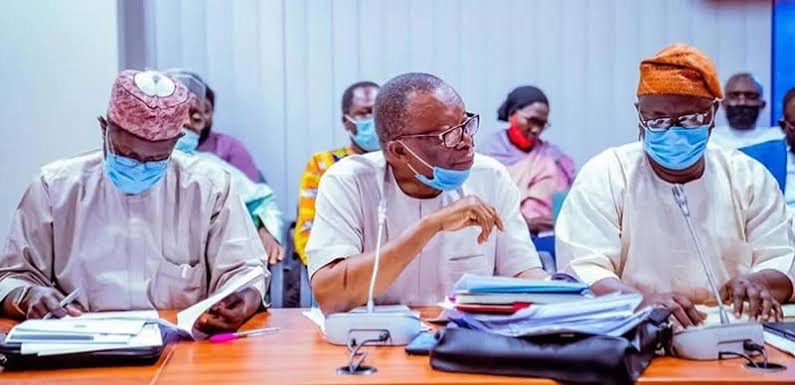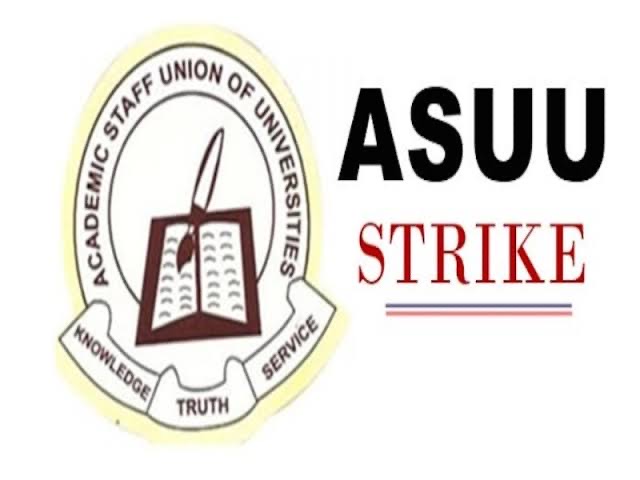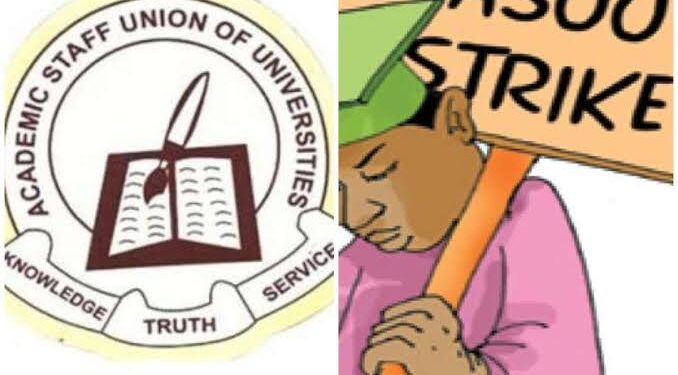As the academic calendar teeters on the brink of disruption, all eyes are on the upcoming meeting between the Academic Staff Union of Universities (ASUU) and the Federal Government (FG) scheduled for Wednesday. This crucial discussion aims to address the pressing issues that have long plagued Nigeria’s higher education sector.
The longstanding conflict between ASUU and the FG has revolved around demands for improved funding, better working conditions, and the implementation of previous agreements. Past negotiations have often ended in stalemates, leading to strikes that have significantly affected students’ academic progress and university operations.

Wednesday’s talks are being closely watched by students, parents, and educational stakeholders who are anxious for a resolution. The stakes are high, with the possibility of either a breakthrough agreement or a further escalation of the dispute. Both parties have expressed a commitment to resolving the issues, but the real challenge will be in translating dialogue into concrete action.
The Federal Government has acknowledged the importance of addressing ASUU’s concerns but has also emphasized budgetary constraints and the need for a balanced approach. Officials have indicated that they are prepared to offer some concessions, but it remains to be seen whether these will meet ASUU’s demands.

ASUU’s demands include increased funding for universities, implementation of the 2009 Agreement, and improvements in welfare packages for lecturers. The union has been vocal about the deteriorating state of infrastructure and the growing gap between lecturers’ expectations and their actual working conditions.
The outcome of the Wednesday discussions promises to be pivotal. An agreement could signal a new chapter in the relationship between ASUU and the FG, potentially restoring normalcy to the academic environment. Conversely, failure to reach a consensus could lead to further industrial action, prolonging the uncertainty for students and faculty alike.
As both ASUU and the FG prepare for this critical meeting, the broader question remains: will the discussions translate into meaningful action, or will they be yet another round of promises unfulfilled? Only time will tell, but the anticipation is palpable as stakeholders await a resolution that could reshape the future of higher education in Nigeria.


































